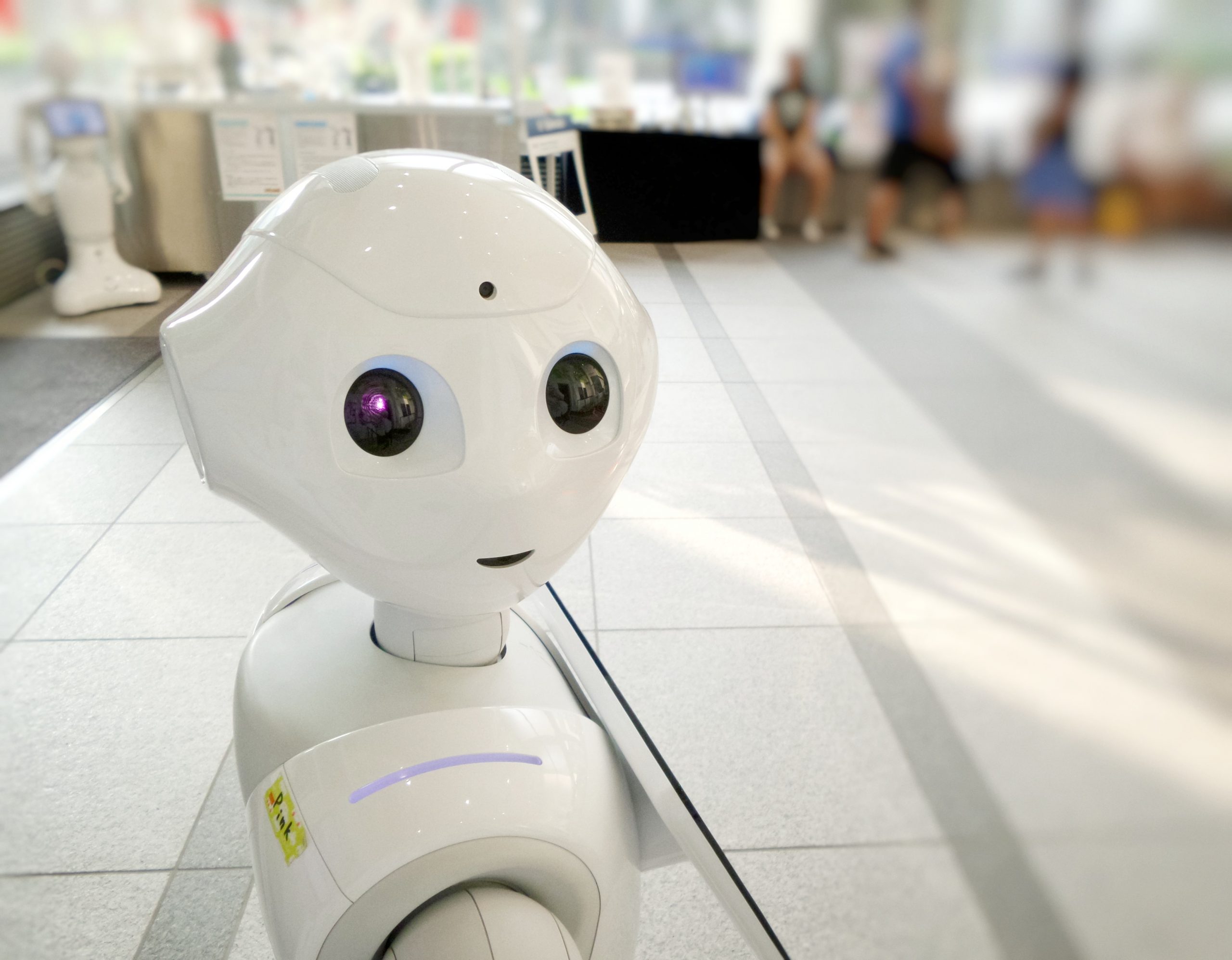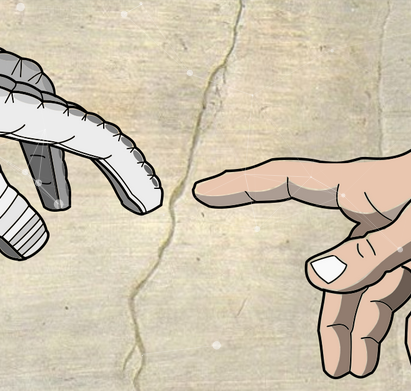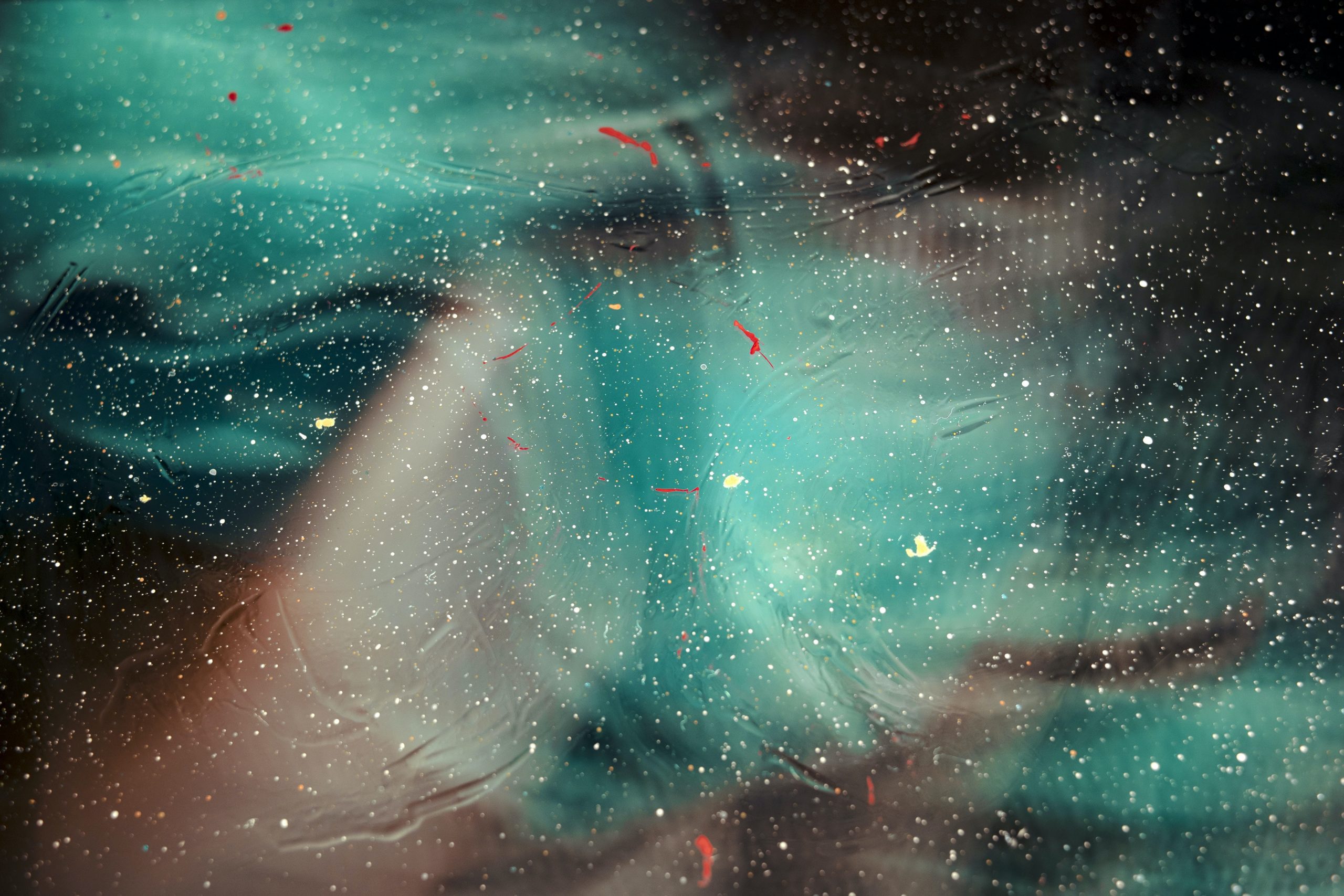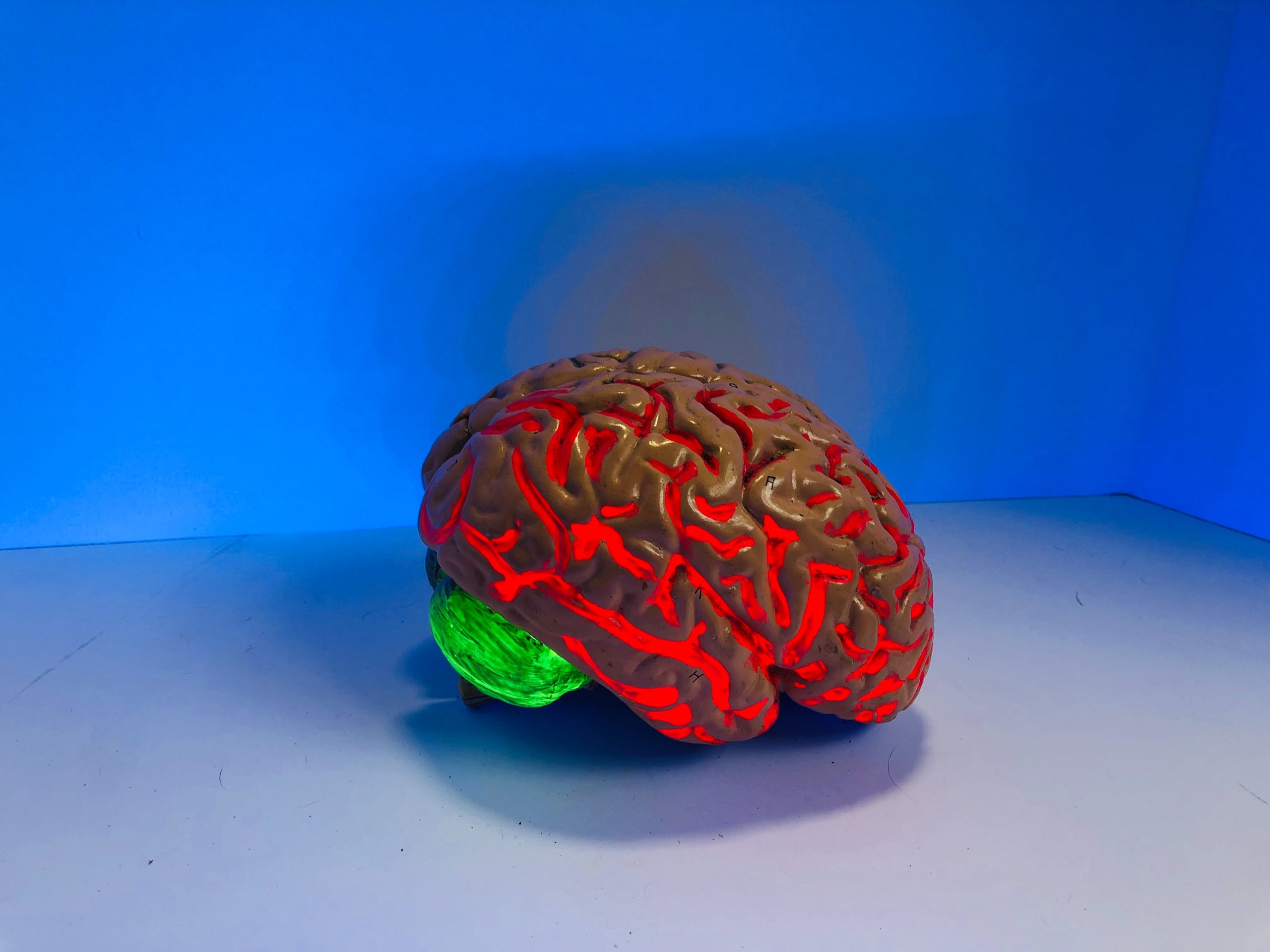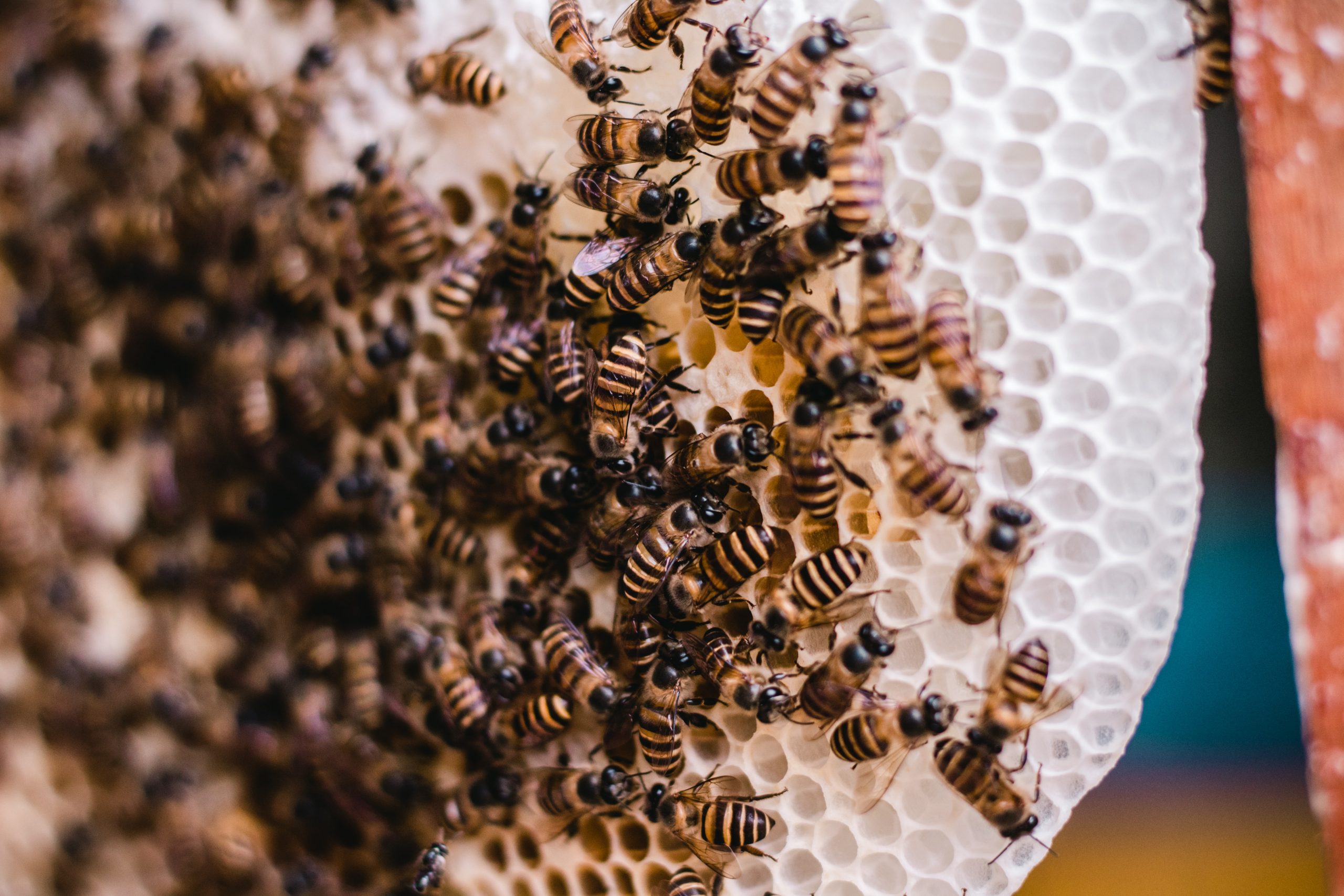
Klaus Obermayer (SCIoI): Reward-based Learning and Decision Making under Risk
On ZOOM (Contact us for Link)Reward-based Learning and Decision Making under Risk Reinforcement learning provides a framework for making agents learn policies through feedback signals (“rewards”), which provide information about whether their actions or action sequences were successful or not. Reinforcement learning also provides a framework for understanding how humans learn and decide given reward information only. Standard reinforcement learning
